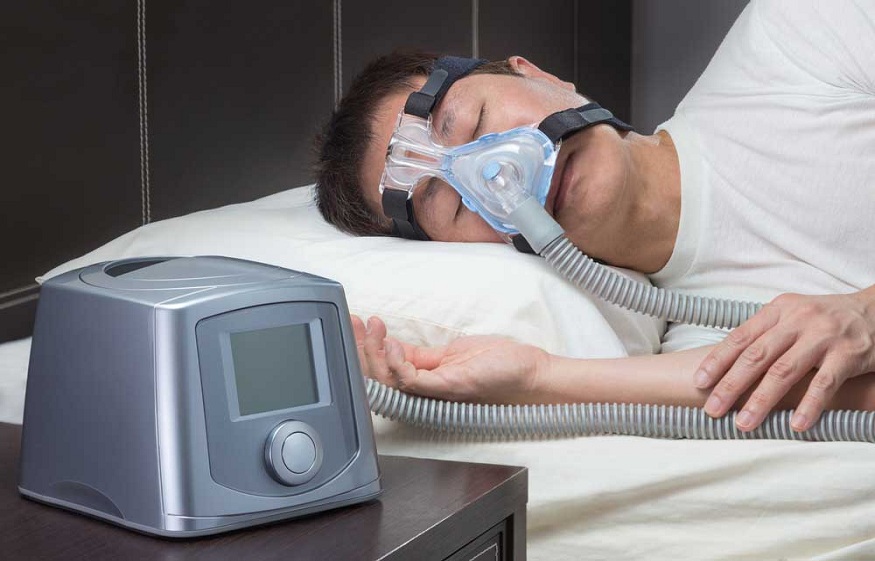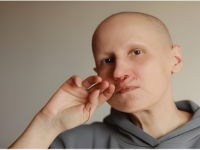Dr. Richard Nahas Discusses Risk Factors for Sleep Apnea

Introduction
According to Dr. Richard Nahas, there are different types of sleep apnea and obstructive sleep apnea is the most common sleep-related breathing disorder. It causes you to repeatedly stop and start breathing and interrupts your sleep several times at night. Let’s check out the risk factors for sleep apnea.
The Risk Factors
1. Obesity – People who are obese and have excess weight are more likely to have sleep apnea than the rest. When you have excess weight, there are fat deposits in several parts of your body. If you have fat deposits around the upper airway, it can obstruct your breathing and make you more susceptible to sleep apnea. Moreover, medical conditions like polycystic ovary syndrome, hypothyroidism, and other such conditions associated with obesity also increase your risk of sleep apnea.
2. Large neck and narrow airway – Your neck size also affects your susceptibility to sleep apnea. Men with a neck size of 17 inches or more, and women with a neck size of 16 inches or more are at a higher risk of sleep apnea. If you have a large neck, it’s highly likely that you have more soft tissue around it that can block your sleep airway. When your airways get narrow, you’ll have trouble breathing during your sleep.
Apart from that, your neck may also get narrowed down due to enlarged adenoids or tonsils. In those cases, you are at a higher risk of sleep apnea. In some cases, even people with a regular-sized neck may be born with a narrow airway and are more susceptible to sleep apnea. For instance, people who have asthma may have narrow airways or swollen airways with excess mucus production. This increases the difficulty in breathing and may pose a challenge to their sleep.
3. Older male – Your age and gender also affect your risk of sleep apnea. Older males who are in their Middle Ages are more susceptible to females and younger males. While women are at a lower risk of sleep apnea for most of their life, the risk increases with menopause.
4. High blood pressure – Research shows that both sleep apnea and high blood pressure or hypertension are closely connected to each other. Sleep apnea is very common in people with hypertension. Moreover, you may develop hypertension if you suffer from sleep apnea. When you periodically stop and start breathing, your body releases stress hormones that increase your blood pressure.
5. Smoking and diabetes – People who smoke and have diabetes are also at a higher risk of sleep apnea. With diabetes and sleep apnea, one seems to worsen the other when left unchecked. On the other hand, smoking exposes your airways to smoke and other ingredients from burning tobacco. This may cause inflammation and narrow your airways to increase the risk of sleep apnea.
Conclusion
Dr. Richard Nahas suggests that you visit the doctor and get treated for this condition with medication, medical accessories and sleep apnea treatment equipment. It’s also important to check out the above-mentioned risk factors and minimize them as much as possible.






